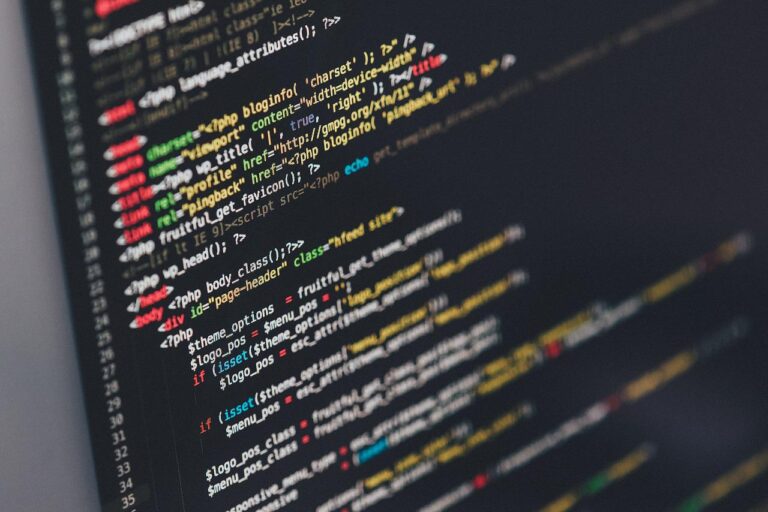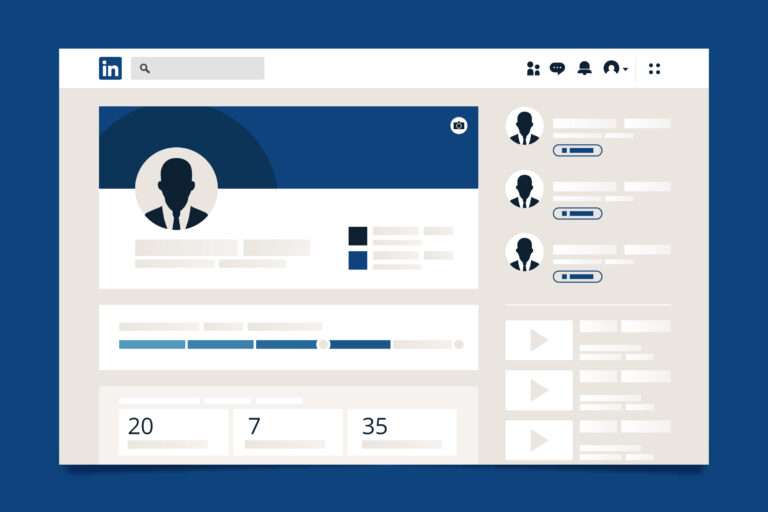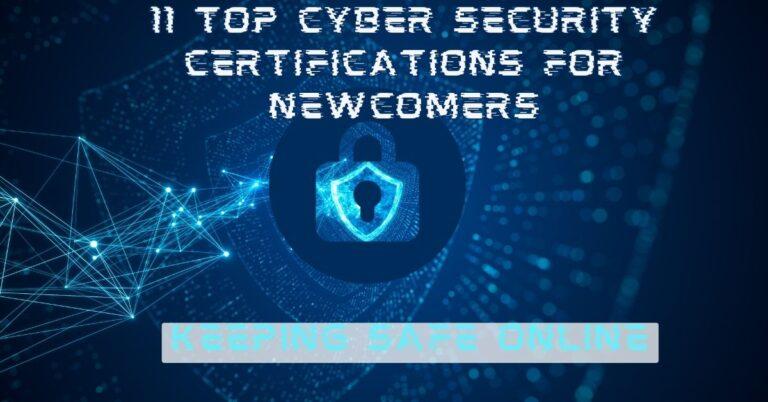Why Should You Learn How To Code ?
Why Should You Learn How To Code- it’s a way of life.

Learning how to code can be a valuable skill for a wide range of careers, as well as a fun and challenging hobby. Here are a few reasons why learning how to code might be a good idea for you:
- Demand for skilled coders is high: The demand for skilled coders is high and is expected to continue growing in the coming years. Learning how to code can open up a wide range of career opportunities in fields such as software development, data analysis, and cybersecurity.
- It can be a lucrative skill: Skilled coders are in high demand, and as a result, they often command high salaries. Learning how to code can potentially lead to a lucrative career.
- Coding can be a creative outlet: Coding can be a creative outlet, as it allows you to build and design your own projects and applications.
- Coding can improve problem-solving skills: Coding requires a high level of logical thinking and problem-solving skills. Learning how to code can help you develop these skills, which can be useful in a wide range of careers.
- It can be a lifelong skill: The field of technology is constantly evolving, and learning how to code can be a lifelong skill that you can continue to build upon and use throughout your career.
Overall, learning how to code can be a valuable and rewarding experience that can open up a wide range of career opportunities and provide a creative outlet.
I. There are many reasons why the demand for skilled coders is high and is expected to continue growing in the coming years. Here are a few:
- The increasing reliance on technology: With the proliferation of technology in every aspect of our lives, there is a growing need for skilled professionals who can build and maintain these systems. This includes everything from websites and mobile apps to large-scale enterprise software systems and cybersecurity systems.
- The growth of the tech industry: The tech industry is one of the fastest-growing and most innovative sectors of the global economy. This means that there is always a high demand for skilled professionals who can help build and maintain the technology that powers this industry.
- The shortage of skilled workers: There is currently a shortage of skilled coders in the job market, which means that those who can demonstrate a strong set of coding skills are in high demand. This is particularly true for those who have experience with in-demand programming languages such as Python, Java, and C++.
- The potential for high salaries: Because of the high demand for skilled coders, those who can demonstrate a strong set of coding skills are often able to command high salaries. This is especially true for those who have experience with specialized technologies or who can work on complex projects.
Overall, learning how to code can be a rewarding and lucrative career choice, with a wide range of opportunities available in a variety of fields. Whether you are looking to work in software development, data analysis, or cybersecurity, learning how to code can help you achieve your career goals.
2 : Lucrative skill–
Learning how to code can be a lucrative skill for several reasons. Here are a few:
- High demand for skilled coders: As mentioned previously, there is currently a shortage of skilled coders in the job market, which means that those who are able to demonstrate a strong set of coding skills are in high demand. This is especially true for those who have experience with in-demand programming languages such as Python, Java, and C++.
- Potential for high salaries: Because of the high demand for skilled coders, those who are able to demonstrate a strong set of coding skills are often able to command high salaries. This is especially true for those who have experience with specialized technologies or who are able to work on complex projects.
- Wide range of career opportunities: Learning how to code can open up a wide range of career opportunities in fields such as software development, data analysis, and cybersecurity. These fields are growing and are expected to continue growing in the coming years, which means that there will be a constant demand for skilled professionals.
- Ability to work remotely: Many coders are able to work remotely, which can provide a high level of flexibility and the ability to work from anywhere in the world. This can be particularly appealing for those who want to work on a flexible schedule or who want to be able to travel while still earning a good income.
Overall, learning how to code can be a lucrative skill that can open up a wide range of career opportunities and provide the potential for high salaries. Whether you are just starting out in your career or are looking to make a change, learning how to code can be a valuable investment in your future.
3 : Creative Outlet –
Coding can be a creative outlet in several ways. Here are a few examples:
- Building and designing your own projects: One of the most appealing aspects of coding is the ability to build and design your own projects and applications. This can involve creating websites, mobile apps, or custom software systems. This process can be incredibly satisfying, as it allows you to put your own ideas into action and see them come to life.
- Solving problems creatively: Coding often involves problem-solving and finding creative solutions to complex challenges can be very rewarding. This can involve brainstorming new approaches, building prototypes, and iterating on designs to find the best solution.
- Experimenting with new technologies: Coding allows you to experiment with new technologies and try out new ideas. This can be a great way to explore your creativity and see what you are capable of building.
- Collaborating with others: Coding can also be a creative outlet when working with a team of other developers. This can involve collaborating on projects, sharing ideas, and bouncing ideas off of one another to find the best solutions.
Overall, coding can be a very rewarding and creative outlet that allows you to build and design your own projects, solve problems creatively, experiment with new technologies, and collaborate with others. Whether you are working on your own projects or collaborating with a team, coding can be a great way to express your creativity and build something truly unique.
4. : Improve Problem-solving –
Coding does indeed require a high level of logical thinking and problem-solving skills. Here are a few ways in which learning how to code can help you develop these skills:
- Breaking down complex problems into smaller, manageable parts: One of the key skills that coding requires is the ability to break down complex problems into smaller, more manageable parts. This can involve identifying the various components of a problem and figuring out how to tackle them one at a time.
- Debugging and troubleshooting: Another key aspect of coding is debugging and troubleshooting. This involves identifying and fixing errors in code, which requires a high level of logical thinking and problem-solving skills.
- Analyzing and synthesizing information: Coding also requires the ability to analyze and synthesize information, as you often need to understand complex systems in order to build or modify them. This involves understanding how different components fit together and how they interact with one another.
- Creative problem-solving: Finally, coding often requires creative problem-solving, as you may need to develop novel solutions to complex challenges. This can involve brainstorming new approaches, building prototypes, and iterating on designs to find the best solution.
Overall, learning how to code can help you develop a wide range of problem-solving skills that are useful in a variety of careers. Whether you are working in software development, data analysis, or any other field that involves logical thinking and problem-solving, learning how to code can be a valuable asset.
5. :
Coding does indeed require a high level of logical thinking and problem-solving skills. Here are a few ways in which learning how to code can help you develop these skills:
- Breaking down complex problems into smaller, manageable parts: One of the key skills that coding requires is the ability to break down complex problems into smaller, more manageable parts. This can involve identifying the various components of a problem and figuring out how to tackle them one at a time.
- Debugging and troubleshooting: Another key aspect of coding is debugging and troubleshooting. This involves identifying and fixing errors in code, which requires a high level of logical thinking and problem-solving skills.
- Analyzing and synthesizing information: Coding also requires the ability to analyze and synthesize information, as you often need to understand complex systems in order to build or modify them. This involves understanding how different components fit together and how they interact with one another.
- Creative problem-solving: Finally, coding often requires creative problem-solving, as you may need to develop novel solutions to complex challenges. This can involve brainstorming new approaches, building prototypes, and iterating on designs to find the best solution.
Overall, learning how to code can help you develop a wide range of problem-solving skills that are useful in a variety of careers. Whether you are working in software development, data analysis, or any other field that involves logical thinking and problem-solving, learning how to code can be a valuable asset.
suggestion to read :- Don’t Be Fooled! Debunking the Top 7 Programming Myths
Q 1 : Why is learning how to code important in today’s world?
Understanding the significance of coding in modern technology-driven industries and its impact on various aspects of daily life.
Q 2 : What are the practical benefits of acquiring coding skills?
Exploring the tangible advantages such as career opportunities, problem-solving abilities, and the potential to innovate in diverse fields.
Q 3 : Do I need a background in math or computer science to start learning to code?
Addressing common concerns about prerequisites and providing insights into the accessibility of coding for beginners.
Q 4 : How can learning to code enhance my problem-solving abilities?
Delving into how coding fosters logical thinking, analytical skills, and the capacity to tackle complex challenges effectively.
Q 5: What resources and platforms are recommended for beginners to start coding?
Offering guidance on where to find reliable learning materials, courses, and platforms tailored for individuals at the beginner level.








5 Comments